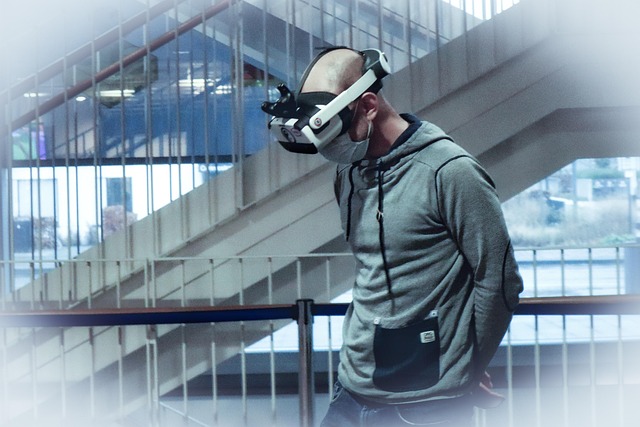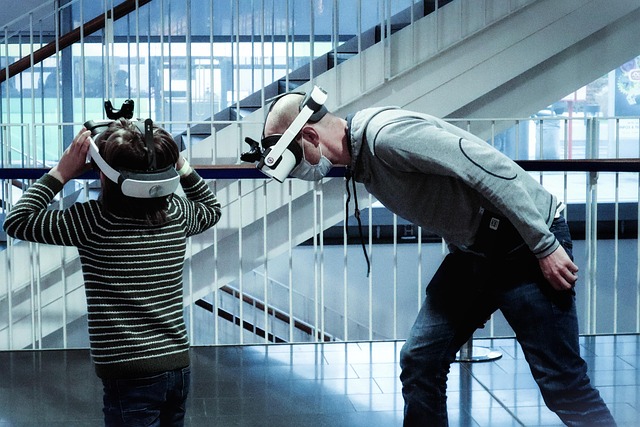When we step into the world of virtual reality, we’re not just entering a new gaming environment; we’re immersing ourselves in a unique form of experience that challenges our perception of reality. The idea of VR philosophy goes beyond technology—it taps into the essence of how we understand presence, identity, and interaction within digital spaces.
Gaming, at its core, has always been about escapism and storytelling. But VR transforms this by placing you directly inside the narrative, blurring the line between player and character. This immersion begs philosophical questions: What does it mean to “exist” in a virtual world? How do our senses shape reality when they’re fed by artificial stimuli?
As gamers, many of us have felt the thrill of losing ourselves in complex narratives or richly detailed worlds. VR heightens this by engaging not only our visual and auditory senses but also spatial awareness and kinesthetic feedback. Suddenly, the idea of “presence” is no longer just a mental state—it’s a physical experience. This elevates the emotional connection to games, making victories sweeter and challenges more intense.
Reflecting on VR philosophy allows us to appreciate the medium as more than entertainment. It’s a platform for exploring identity, empathy, and even consciousness. For example, VR games that let you embody a different character or inhabit a foreign environment foster a deeper understanding of perspectives other than your own. This aligns with the philosophical tradition of empathy as a foundation for ethical behavior.
In this way, VR is expanding the definition of gaming. It’s not simply about high scores or leveling up but about engaging with experiences that challenge our notions of self and other, reality and illusion. As the technology evolves, the boundary between gamer and game continues to dissolve, inviting us all to rethink what it truly means to play.




